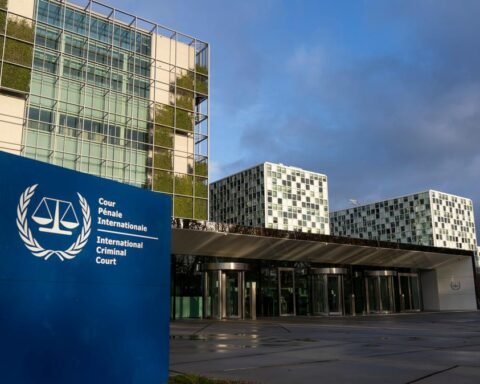The Russian oligarch and former Chelsea Football Club owner Roman Abramovich, has been accused of evading millions of dollars in taxes through a complex offshore scheme involving his superyacht fleet.
Investigative reports reveal that Abramovich used a web of companies to sidestep VAT payments on expenses tied to his luxury vessels, despite their primary use being personal rather than commercial.
The investigation, led by the BBC, The Guardian, and other international partners, uncovered that Abramovich’s yachts, including the $390 million Eclipse, were registered for commercial purposes. This classification allowed them to avoid VAT on operating costs, such as fuel and maintenance. However, documents from a major leak in Cyprus’s offshore financial sector show that Abramovich’s companies leased the yachts among themselves, often using backdated or fictitious contracts to justify the tax exemptions.
The Eclipse, along with other yachts in Abramovich’s fleet, is equipped with opulent features such as swimming pools, cinemas, and even a disco lounge. These vessels frequently hosted high-profile guests, further raising questions about their claimed commercial use.
Also Read; Trump Administration Defines
Gender as Male and Female
Legal authorities in Italy and Cyprus have since pursued investigations, seeking to recover unpaid taxes and duties linked to the scheme. Abramovich’s representatives have denied any personal involvement or knowledge of the alleged tax evasion practices.
This is not the first time Abramovich has faced scrutiny over tax issues. In 2018, a French court found that he undervalued his Riviera mansion, reportedly worth €100 million, to reduce his tax bill, leading to a protracted legal dispute with French authorities.
The revelations surrounding Abramovich’s yacht scheme have reignited debates about how the wealthy exploit offshore financial structures to avoid taxes. Critics argue that such practices undermine global tax systems and exacerbate inequality. Meanwhile, tax authorities face mounting challenges in regulating these schemes across jurisdictions.







